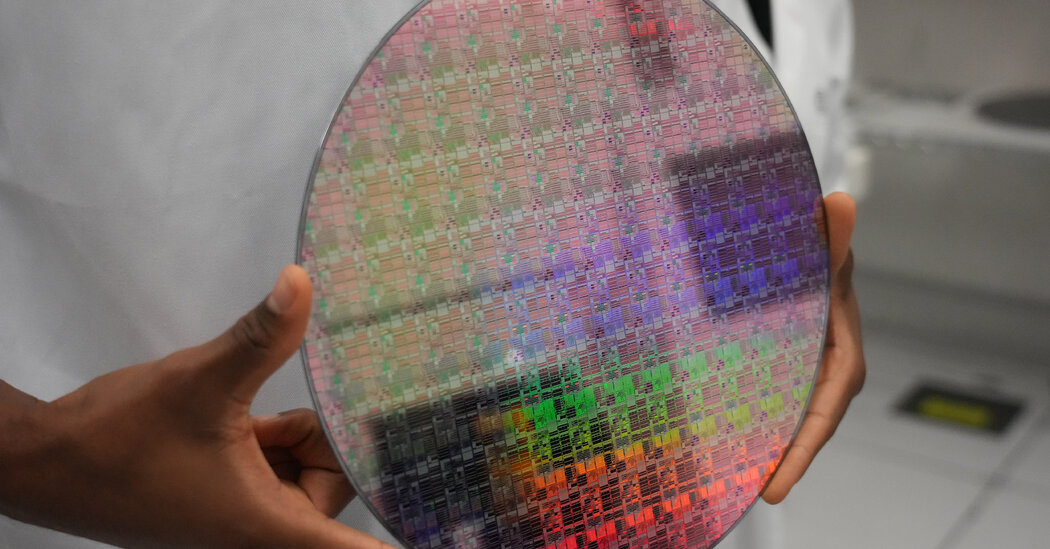U.S. Plans Up to $1.6 Billion in Funding for Packaging Computer Chips

The Biden administration said on Tuesday that it will direct up to $1.6 billion in funding toward developing new technology for packaging computer chips, a major thrust in U.S. efforts to stay ahead of China in creating components needed for applications like artificial intelligence.
The proposed funding, part of the money authorized under the 2022 legislation called the CHIPS Act, will help companies innovate in areas such as creating faster ways to transfer data between chips in a package and managing the heat they generate, said Laurie Locascio, an under secretary in the Commerce Department who is also the director of its National Institute of Standards and Technology.
Her announcement, at an annual industry conference in San Francisco, serves as a starting gun for companies to start applying for grants to fund research and development projects, with awards expected to total up to $150 million each.
“Our research and development efforts in advanced packaging will heavily focus on high-demand applications like high-performance computing and low-power electronics, both needed to enable leadership in A.I.,” Ms. Locascio said.
The CHIPS Act received bipartisan approval to invest $52 billion to stoke domestic chip production, with most of the money directed toward the factories that turn silicon wafers into chips. The U.S. share of that activity has dwindled to around 10 percent, much of it lost to companies in Asia. U.S. reliance on factories run by Taiwan Semiconductor Manufacturing Company, or T.S.M.C., in particular, have worried policymakers because of China’s territorial claims on Taiwan.
The dependence on foreign companies is even more stark in chip packaging. That process attaches finished chips — useless without ways to communicate with other pieces of hardware — onto a flat component called a substrate, which has electrical connectors. The combination is typically wrapped in plastic.